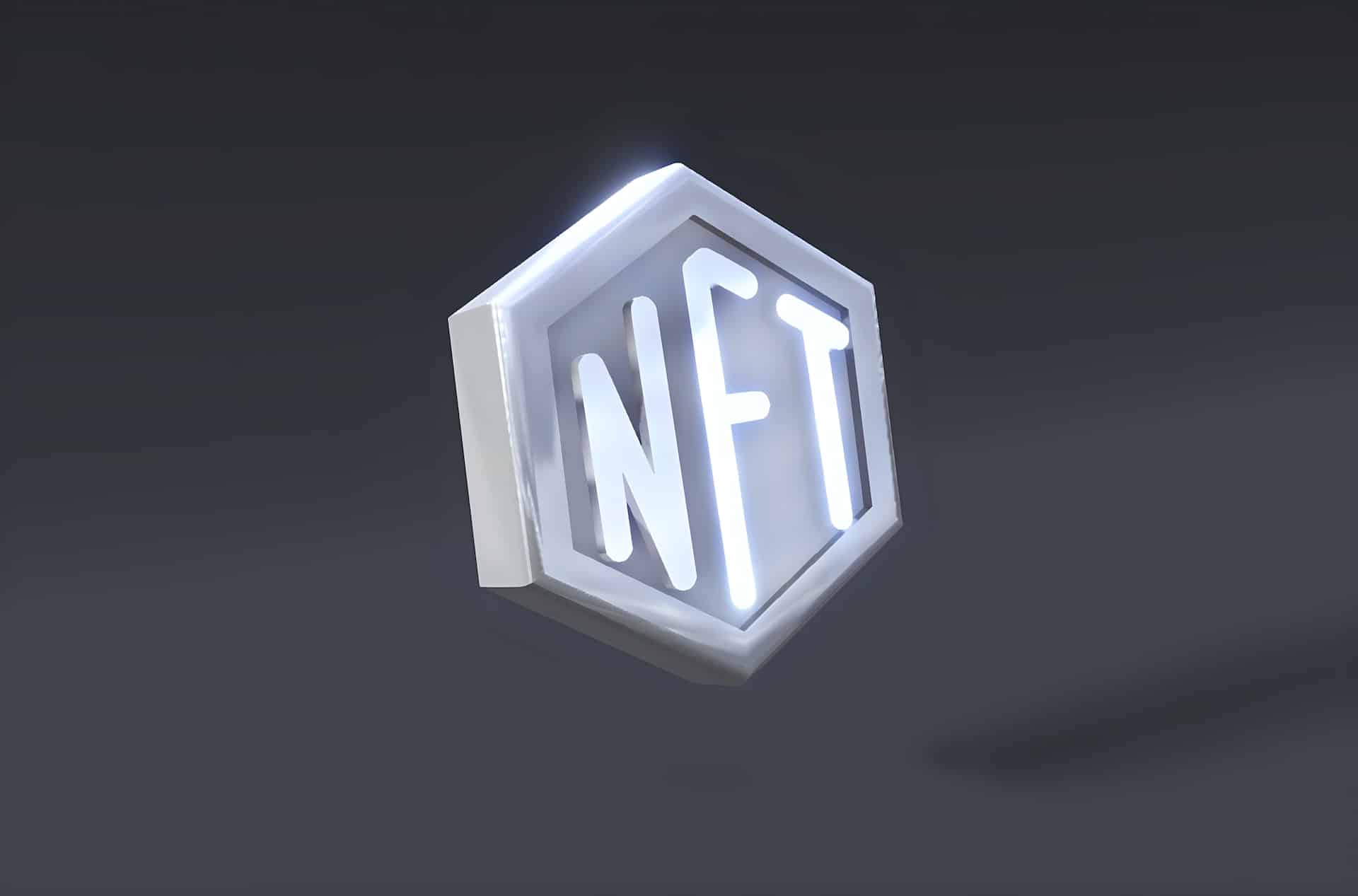Hermès wins ‘MetaBirkin’ NFT lawsuit over Mason Rothschild. What this means for luxury IPs in Web3

What happened: Hermès has won the lawsuit against Mason Rothschild over its ‘MetaBirkin’ NFT series. After a year-long battle, the landmark case between the French luxury design house and the NFT artist finally came to an end yesterday (after eight days of court proceedings) after it was announced that the jury sided with Hermès.
The brand was awarded $133,000 in damages, with jurors finding that the MetaBirkin NFTs were not protected by the First Amendment’s artistic commentary. As a result, the decision ultimately found Rothschild liable trademark infringement, trademark dilution and “cybersquatting” (the practice of registering names, especially well-known company or brand names, as Internet domains, in the hope of reselling them at a profit).
Following the trial’s outcome, Rothschild released a statement describing the settlement as the result of a “broken legal system”. It is also assumed that the artist will appeal the jury members’ decision in due course.
Rothschild’s ‘MetaBirkin’ NFT drop took the traditional Birkin bag silhouette and transformed it into a unique collection of tokens in 2021. Photo: Mason Rothschild
The Jing Take: The year-long lawsuit hasn’t made headlines since it broke them back in 2022. Marking a major first for both the fashion and NFT industries (the court case was the first ever to examine how NFTs should be perceived through intellectual property law)the trial has garnered a colossal number of viewers since its initial announcement, along with countless polarizing opinions on the influence of luxury over artistic freedom in the metaverse.
Rothschild’s NFTs were released in November 2021, with the intention of democratizing and raising awareness of the acceleration of ethical textile alternatives. Coined by Rothschild as ‘Not Your Mother’s Birkin’, the fuzzy handbags with garish prints that replicated Hermès‘ famous silhouette, generated around 200 ETH in primary sale (approx $790,000 at the time).
After their sale, Hermès promptly issued Rothschild with a cease and desist letter the following month. The digital artist took to the internet to respond that his pieces were merely a “playful abstraction of a cultural touchpoint.”
Despite his retorts, the luxury house officially filed a trademark infringement and dilution lawsuit against Rothschild on January 14, stating that the artist was a “digital speculator seeking to get rich quick by appropriating the MetaBirkins brand for use in creating, marketing, selling, and facilitate the exchange of digital assets known as non-fungible tokens”. The label also stated that Rothschild’s work hindered its own plans to launch NFTs (Hermès applied for several trademarks in the metaverse last September).
Despite Rothschild’s beliefs, alongside comparing his work to the likes of Andy Warhol’s Campbell’s soup cans and Coca-Cola bottles which he claimed as assets “in stylized but clearly recognizable form”, the court ultimately ruled in favor of Hermès, to judge that the house’s copyright and brand image had been infringed. The result has already received mixed responses across social platforms.
“At no point did anyone think this was an official Hermès NFT, nor was the hype translated into value for the NFT created, wrote brand strategist Zenia Simpson via LinkedIn, while Valerio Antonucci responded “honestly, since the 100 MetaBirkin NFTs are linked to digital images that showing Hermès’ iconic Birkin bags, I believe the result is fully justified.”
The line can be blurred between creative expression using existing IPs and plagiarizing concepts. But what this court case has made clear is that tightly wound intellectual property standards exist even in newfound worlds like the metaverse and Web3—regulations from which even the most vibrant and publicly popular advertisements cannot escape.
Despite the loss, there is hope among the virtual community that Rothschild will return to the NFT scene with new ideas. For luxury, it is a stark reminder of the importance of protecting value and IP in Web3 to deter copying. But the result is also a warning signal to smaller digital artists about the power that these big fashion houses have – and will continue to hold – in the metaverse, and the consequences that can come with them.
The Jing Take reports on some of the leading news and presents our editorial team’s analysis of the key implications for the luxury industry. In the recurring column, we analyze everything from product drops and mergers to the heated debate that is sprouting on Chinese social media.























